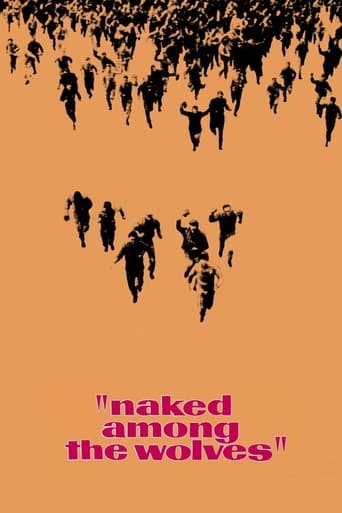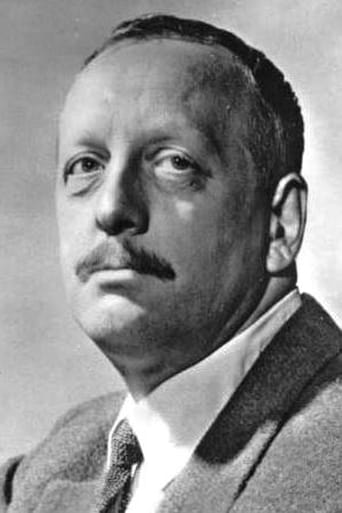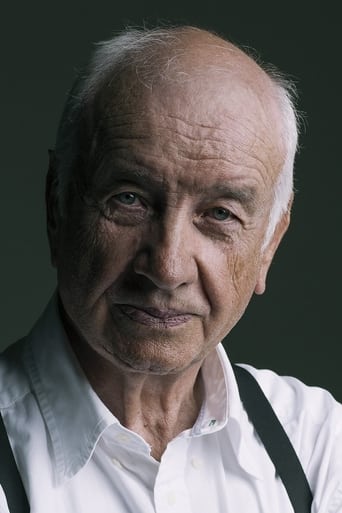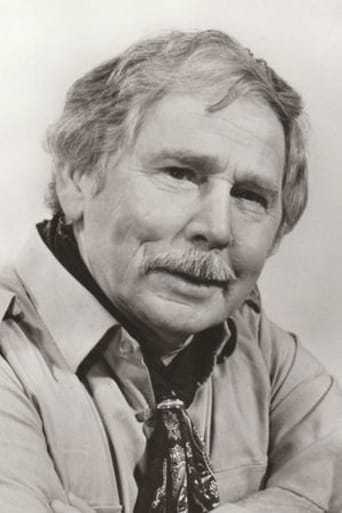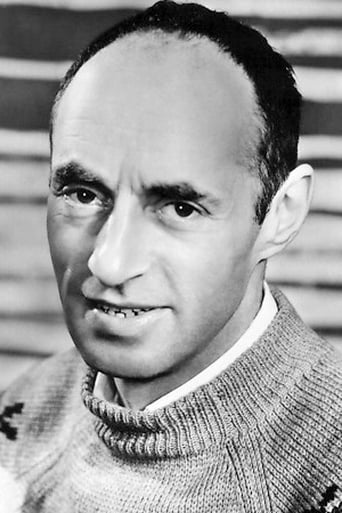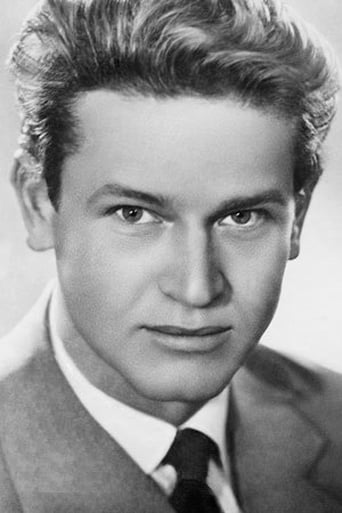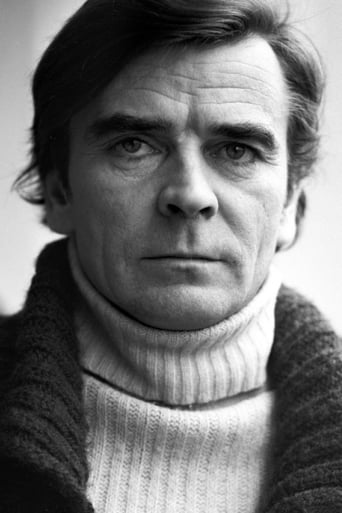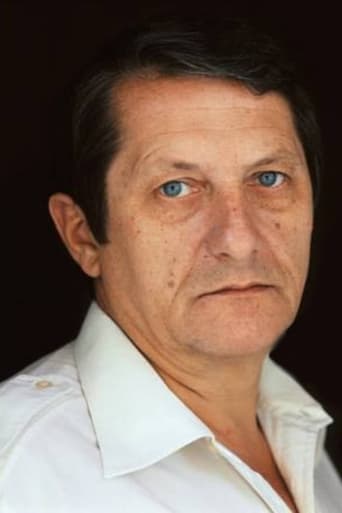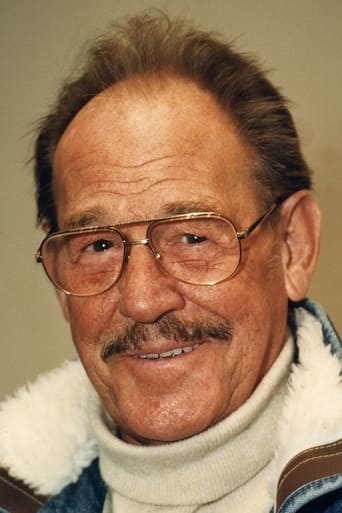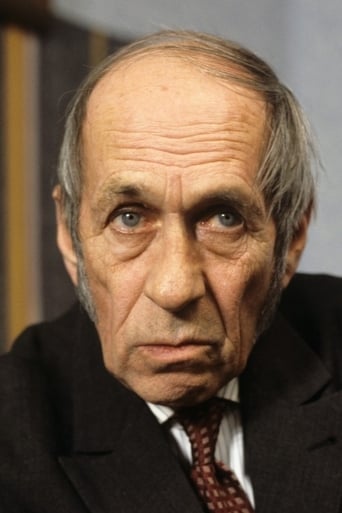Based on a true story of inmates at KZ Buchenwald that risked their lives to hide a small Jewish boy shortly before the liberation of the camp.


Similar titles
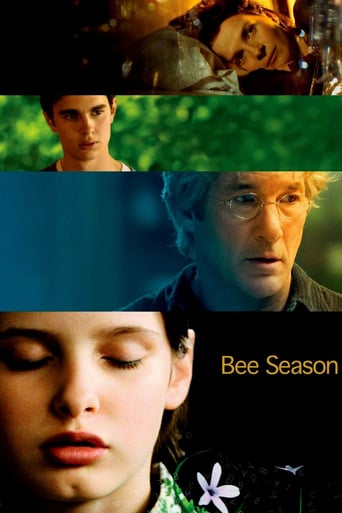
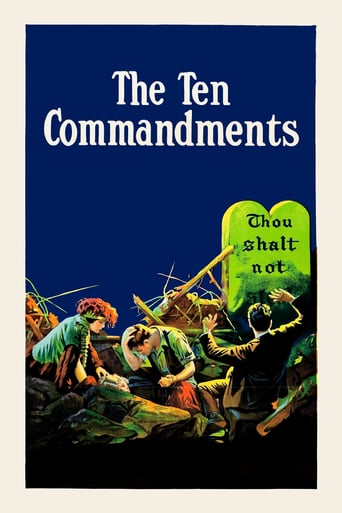
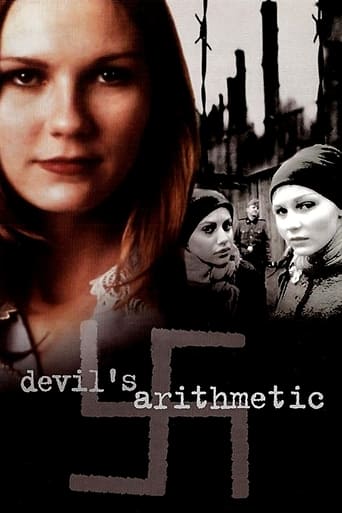
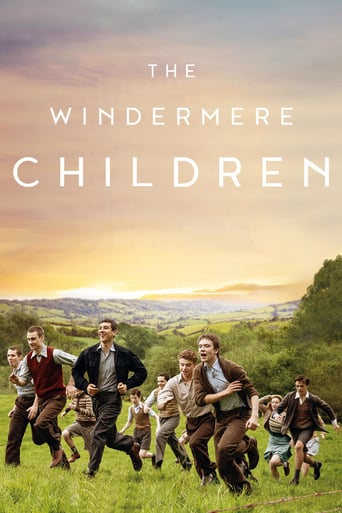
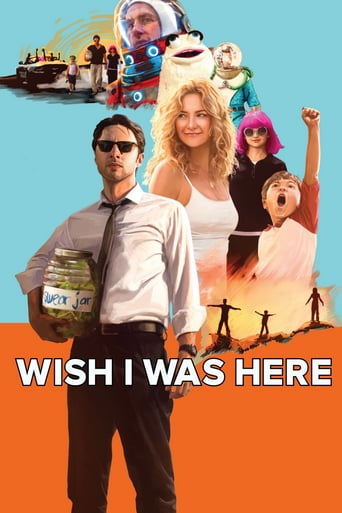
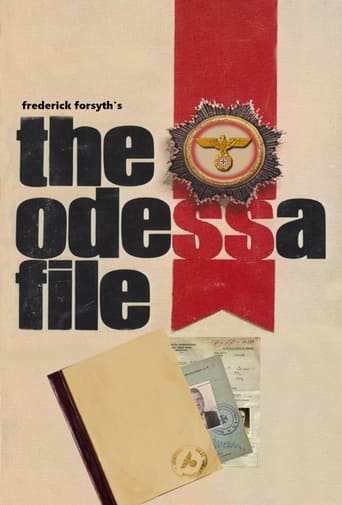
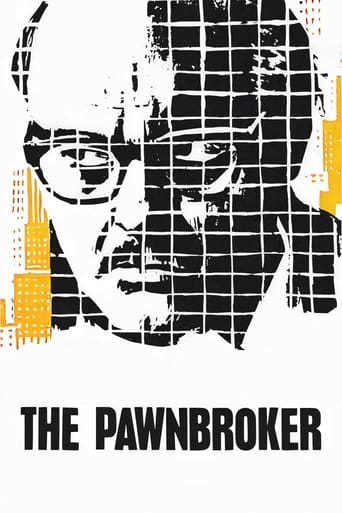
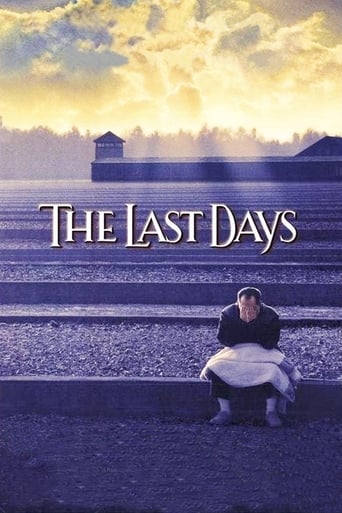

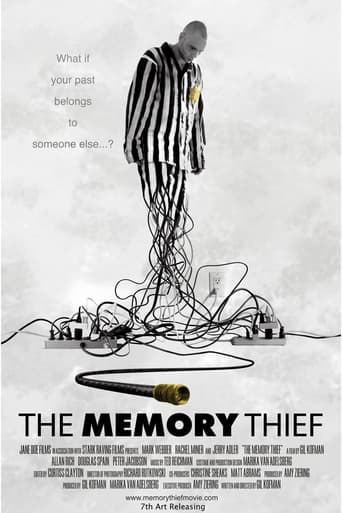
Reviews
"Nackt unter Wölfen" or "Naked Among Wolves" is an East German black-and-white film from 1963, so already over 50 years old. The director is Frank Beyer and he is considered the GDR's most talented filmmaker by many. The fact that he also made the Oscar-nominated "Jacob the Liar" certainly helps this theory. But back to this one here. Beyer also worked on the script, together with Bruno Apitz, the man who wrote the original novel. The title here is a reference to a child who gets found by inmates of a concentration camp and they need to decide what to do with the Jewish boy. Risk their own lives by trying to protect him or hand him to their captors and maybe get a reward? This is the major plot of the film, even if their decision becomes obvious really quickly, which certainly took out a lot of tension from the film and may have kept it from becoming a better work and more thrilling watch.The novel has been adapted 3 times so far and this was the second shot at the material I believe. The 3rd one was extremely recent, a television movie from last year and both approaches did not convince me unfortunately. The struggles were of a different kind, but neither filmmaker managed to make this a compelling watch. In this old version here, every time the action moves away from the child story, it becomes fairly boring and uninteresting and sadly it does on many occasions. Another problem here is that many of the characters seem interchangeable. The cast includes a couple names who may be known to fans of old (East) German cinema, but I personally would not call myself like that and that is probably why the only one I am familiar with here is the fairly young Armin Mueller-Stahl, almost half a century before his Academy Award nomination. All in all, I thought this movie here had too many lengths and too little interesting content, especially for a film that ends just seconds before the 2-hour mark. Thumbs down and I do not recommend the watch.
This movie depicts the concentration camp more like a prison camp with prison guards willing to torture people for information. There is a lot of passive and active every-day resistance shown. I was reminded of "The Bridge on the River Kwai".Though this would have been favorable, the truth of Nazi concentration camps was different. People were regularly starving to death (starvation or at least fatigue isn't really a topic in this movie). Every prisoner was weak, meager, overworked and desperate, hushing the guards which were well-fed, strong, often sadistic and had no problem killing any inmate for any sign of resistance, often in a gruesome way (see http://is.gd/ROg2OZ for a description of the cruelness); only when in the end the SS guards started to leave the camp, open resistance beyond the hiding of information started. Before that, even selling information for a piece of bread just to get some strength to survive the next infection was normal. People were regularly worked to death. People dying from illness and fatigue was normal. People dying from being worked to death was normal. People standing up openly against an SS officer and living to see the next day was *not* normal.Knowing this, I expected a harsh time when I decided to finally watch this movie. But what I saw was a rather positive story about some decent fellows in dire straits who mostly turn into heroes under the pressure, winning their battle in the end. Actually, this left a bitter taste because of the blunt negation of the uglier truth. Completely ignoring the identity of the real liberators of the camp (the US troops which are not mentioned once in the movie) and the fact that there were hundreds of children in Buchenwald (not just one) just fits the distorted picture.
The Communist prisoners did not lead a revolt to liberate Buchenwald, which was liberated by the United States Army. The movie does not show one American. The German Democratic Republic set up a ceremonial entry to the camp next to the tower that predated the camp. They put up a giant statue showing armed prisoners. After unification, the German government moved the entrance to the main gate (seen often in the movie) and closed off the ceremonial entrance. The tower was closed to the public, ostensibly because it was unsafe. The statues were allowed to rust. In any event, East Germany overlooked another force for revolt, the Canadians. An article I wrote about a stamp showing the monument brought a flood of mail from Canada informing me that the Canadians, not the Communists, were at the core of the revolt.
This movie is about a group of men in a concentration camp that find a small Jewish boy in a suitcase and set about hiding him from the Nazis. There's a lot of movies set in concentration camps and this is surely one of the best, a great character study. The Nazis are played with a matter of fact, almost understated coldness. The men aren't potrayed as heroes, but just everyday guys trying to hold on to some humanity, no matter what the risk. A compelling film.
